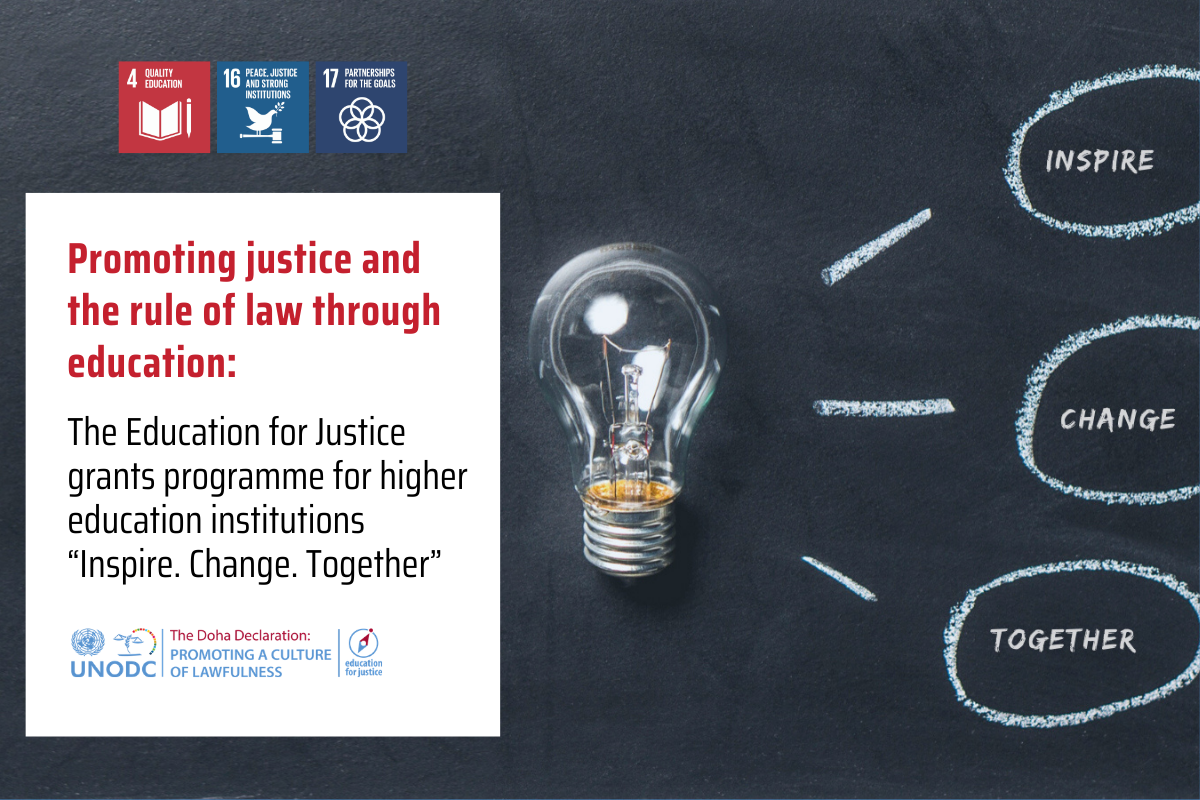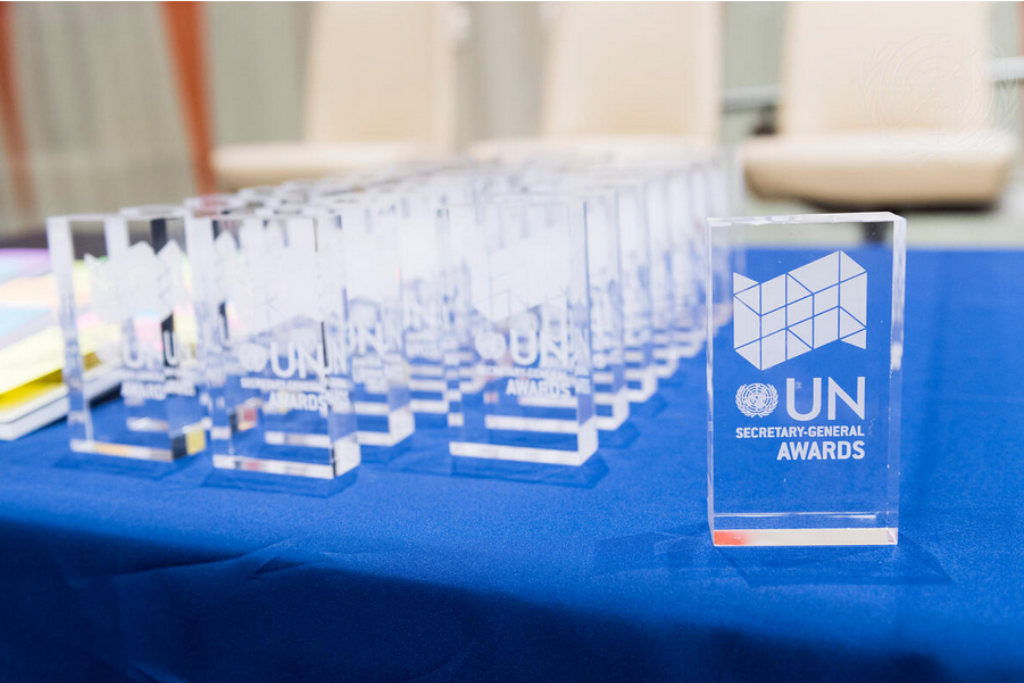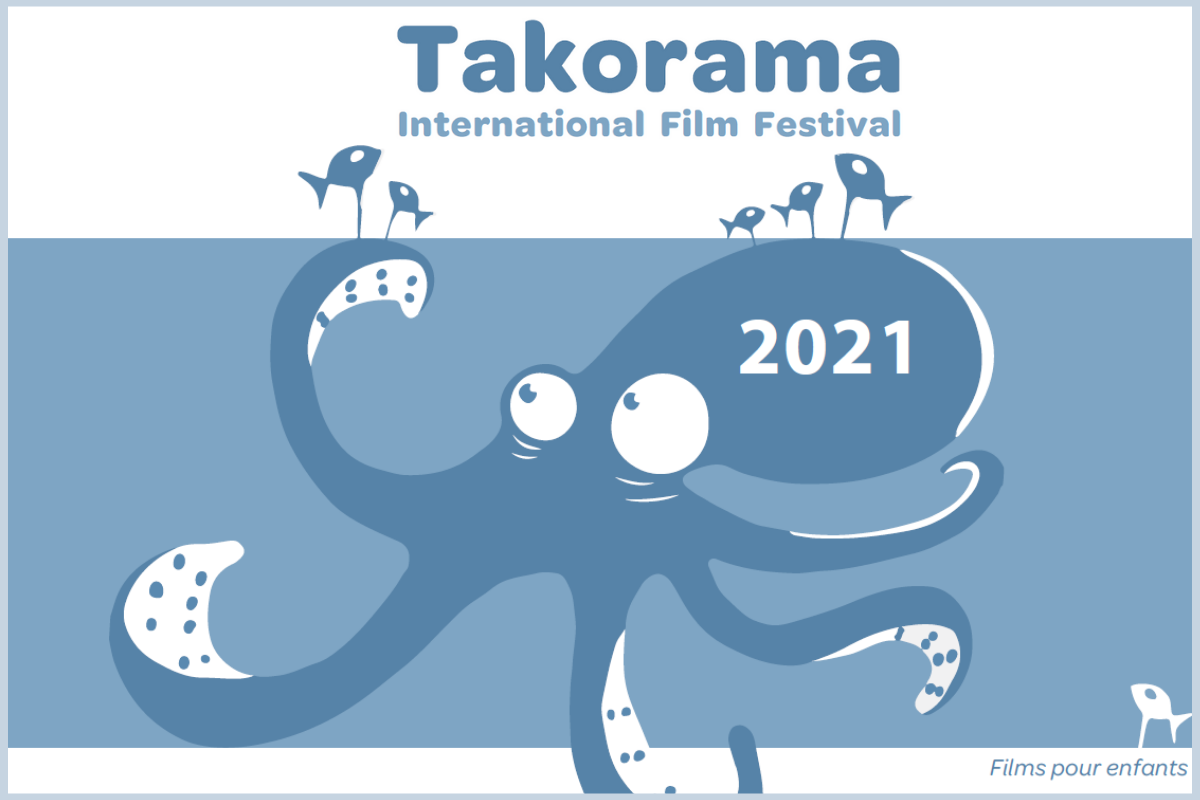Conceptualizing corruption to design effective policies: how education is key to tackling crime
19 June 2017 - This past week UNODC, the Interdisciplinary Corruption Research Network (ICRN) and Sciences-Po Paris held a two-day academic event bringing together over 80 researchers and academics from some 50 countries to look at how to develop effective policies to tackle corruption. Among others, the event aimed to better understand the role of corruption in post-conflict societies, the historical roots of corruption as well as the role of big data to help combat the problem. The meeting included keynote speeches from leading professors in the area, including Kath Hall from the Australian University, Paul Heywood from Nottingham University and Matthew Stephenson from Harvard University.
The two-day conference is one of the first organized as part of the tertiary level component of UNODC's Education for Justice (E4J) initiative. While the experts attending this event have a strong interest in corruption issues, a number of similar activities are planned over the course of the initiative each bringing together other subject matter experts from the fields of human trafficking and migrant smuggling; terrorism, cybercrime; firearms trafficking; organized crime; criminal justice, and integrity and ethics. Complementing the development of networks of academics experts in the above fields, E4J will also develop free to use modules, teaching resources and other on-line tools that will facilitate teaching and research in these important areas.
The initiative - part of the Doha Declaration Global Programme - recognizes the fundamental importance of universal education for children and youth in preventing crime, terrorism and corruption, as well as promoting sustainable development. It rests on the idea that in order to prevent these ills, and to strengthen criminal justice systems and institutions in the coming years, it is critical that the next generation has the necessary tools and knowledge concerning the promotion of, respect for and support to the rule of law.
Additional Information:


